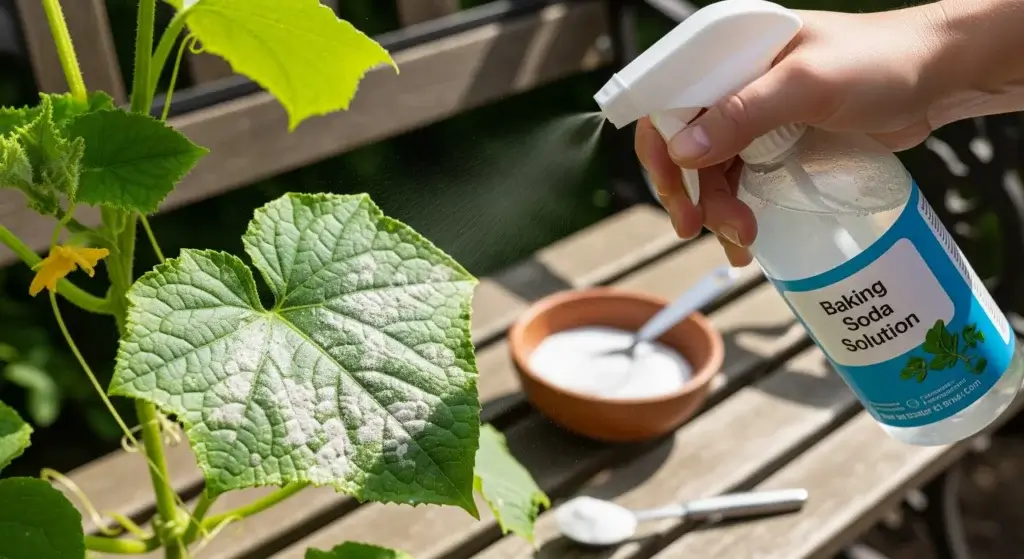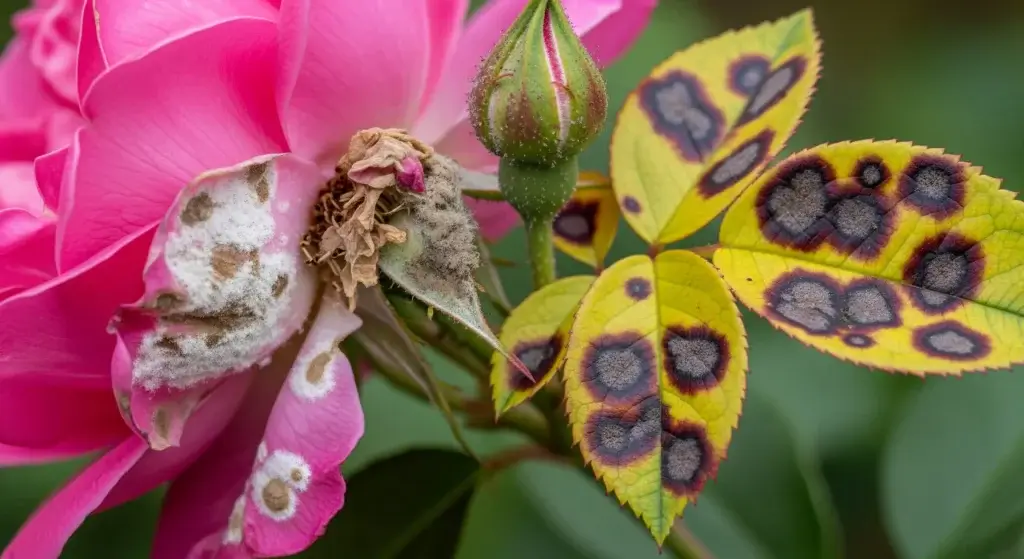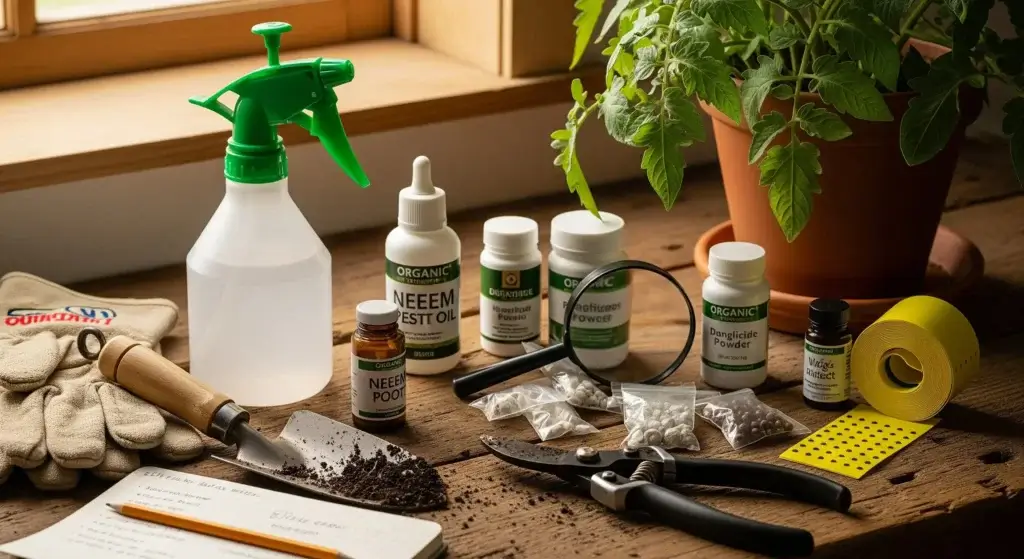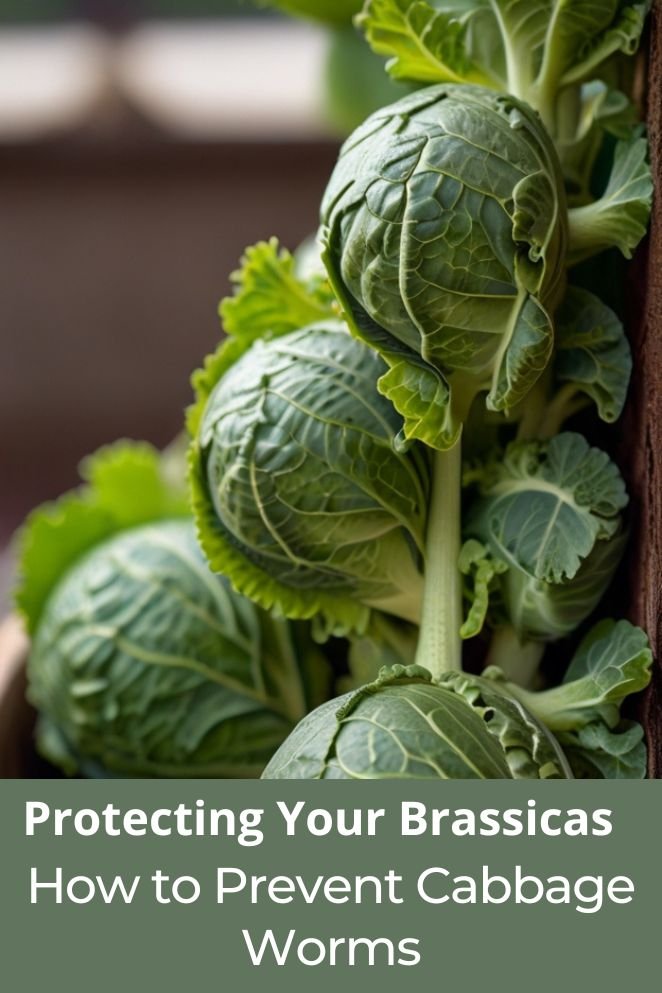
Cabbage worms can be a frustrating pest for gardeners, causing significant damage to cabbage and other brassica plants.
However, there are several effective methods to keep cabbage worms at bay, from physical barriers and cultural practices to natural repellents and organic options.
In this blog post, we’ll explore these strategies in detail to help you protect your garden from these unwanted visitors.
Keeping Cabbage Worms at Bay
Protecting your cabbage plants from pesky cabbage worms requires a multi-faceted approach that combines physical barriers, cultural practices, and natural repellents.
Here’s how you can keep cabbage worms at bay:
- Read also: Garden Guardians: Beneficial Insects for Thriving Broccoli Plants
- Read also: Natural Pest Control Methods for Your Vegetable Garden
Physical Barriers
Row covers
Shield young plants from egg-laying moths by covering them with row covers.
These lightweight fabrics provide a physical barrier while still allowing sunlight and water to reach the plants.
Floating row covers
Similar to traditional row covers, floating row covers offer protection against cabbage worms while also providing ventilation.
These covers are suspended above the plants, creating a barrier that deters moths from laying eggs.
Cultural practices
Planting schedule
Time your plantings to avoid peak cabbage moth activity, which typically occurs in the spring and early summer.
By planting at the right time, you can reduce the likelihood of your plants becoming infested with cabbage worms.
Crop rotation
Break the cabbage worm life cycle by rotating your crops each year.
Planting vegetables from different families in the same spot helps disrupt the pests’ habitat and reduces the risk of infestation.
Removal of plant debris
Clear away any crop residue where moths might overwinter, such as old cabbage leaves or other debris.
This reduces the likelihood of future infestations by eliminating potential breeding grounds for cabbage worms.
Natural Repellents
Companion planting
Strategically plant herbs and flowers that repel moths near your cabbage plants.
Thyme, rosemary, and nasturtiums are excellent choices as they emit scents that deter cabbage moths.
Hot pepper sprays
Create a natural repellent by mixing hot pepper flakes with water to create a spicy spray.
While temporary, the heat from the peppers can deter cabbage worms and other pests from feasting on your plants.
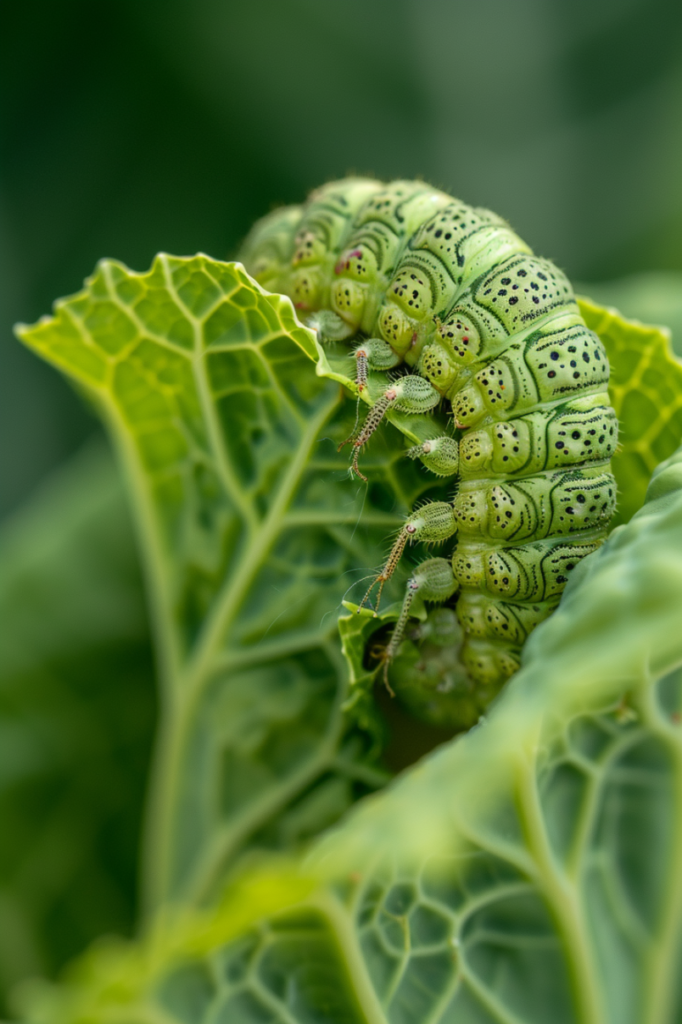
Beneficial Insects
Beneficial insects play a crucial role in maintaining a healthy garden ecosystem by naturally controlling pest populations.
Here are some ways to attract these helpful bugs and utilize organic options to manage cabbage worms:
Encourage natural predators
Ladybugs, lacewings, and parasitic wasps are natural enemies of cabbage worms and can help keep their population in check.
To attract these beneficial insects to your garden, provide them with habitat by planting flowering plants such as dill, fennel, and yarrow.
These plants not only attract beneficial insects but also add beauty to your garden.
Organic Options
Spicy Sprays
Create a homemade repellent by mixing hot pepper flakes, minced garlic, and a few drops of dish soap with water.
This spicy spray acts as a deterrent to cabbage worms and other pests.
Be sure to dilute the mixture properly to avoid causing harm to your plants.
Neem oil power
Neem oil is a natural insecticide that can effectively deter and kill cabbage worms.
Dilute neem oil with water according to the instructions on the product label and spray it onto your plants.
Neem oil works by disrupting the hormonal balance of insects, preventing them from feeding and reproducing.
Diatomaceous earth
Dust the base of your plants with diatomaceous earth, a fine powder made from fossilized algae.
Diatomaceous earth acts as a physical barrier that dehydrates and kills soft-bodied insects like cabbage worms.
Be sure to reapply after rain or irrigation to maintain its effectiveness.
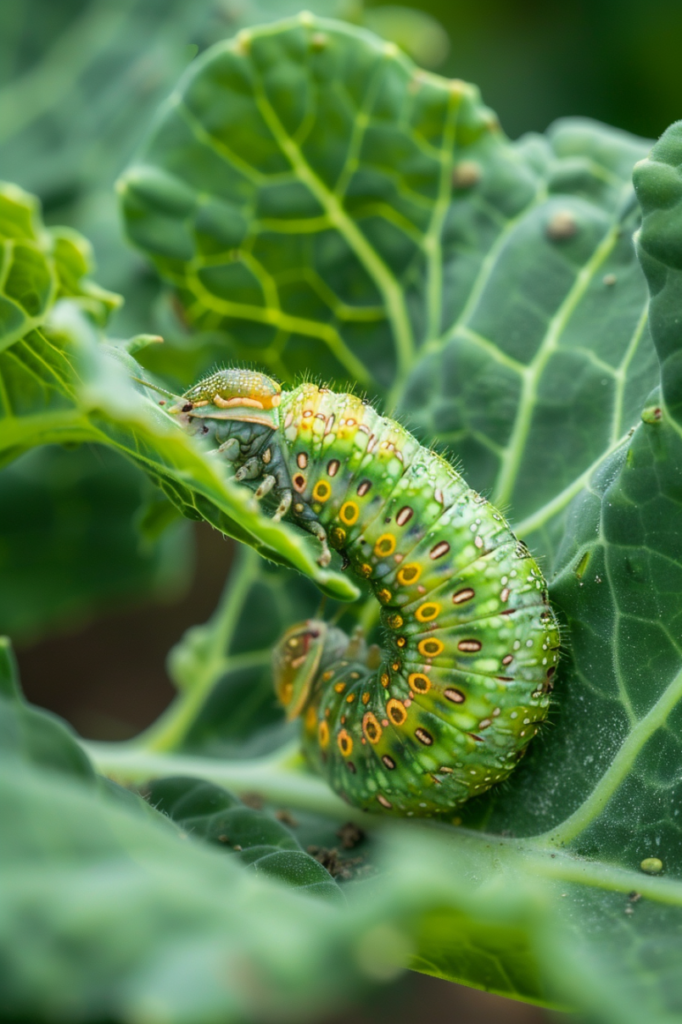
Cultural Practices for a Healthy Garden
Cultural practices are essential for maintaining a healthy garden ecosystem and minimizing pest problems.
Here are some key practices you can implement to promote a thriving garden:
Crop rotation
Crop rotation is a simple yet effective technique for managing pest populations and promoting soil health.
By rotating crops each year, you disrupt the life cycle of pests like cabbage worms, which rely on specific host plants to survive.
For example, if you planted brassicas (such as cabbage, broccoli, and cauliflower) in one area of your garden this year, plant them in a different location next year.
This prevents pests from building up in the soil and reduces the risk of infestations.
Healthy soil, healthy plants
Nourishing your soil with compost is crucial for promoting strong, resilient plants that are less susceptible to pests and diseases.
Compost adds essential nutrients to the soil, improves soil structure, and enhances microbial activity.
Healthy soil supports robust plant growth and helps plants withstand environmental stresses, including pest attacks.
Incorporate compost into your garden beds regularly to maintain soil fertility and health.
Monitor regularly
Regular monitoring of your cabbage plants is key to detecting pest problems early and taking timely action to prevent further damage.
Inspect your plants regularly for signs of cabbage worms, such as chewed leaves or small green caterpillars.
If you notice any signs of infestation, take action immediately to control the pests.
This may involve handpicking cabbage worms, applying organic insecticides, or implementing other pest management strategies.
- Read also: A Comprehensive Guide: Natural Pesticides for Vegetable Garden
- Read also: Homemade Plant Insect Spray for a Healthy Garden
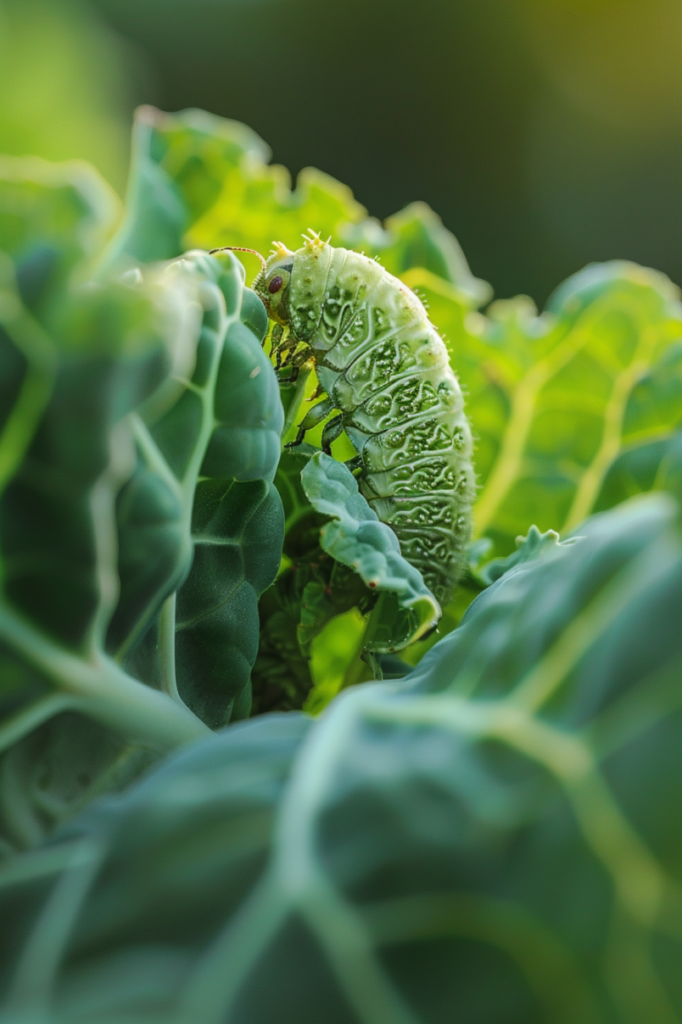
Conclusion
By implementing these strategies, you can effectively prevent cabbage worms from damaging your cabbage and other brassica plants.
Remember, a combination of physical barriers, cultural practices, natural repellents, and organic options can provide the best protection for your garden.
FAQs
Neem oil can start working on cabbage worms within a few days of application, but it may take several applications for complete control.
Yes, diatomaceous earth is safe to use on cabbage plants and can be effective in controlling cabbage worms.
Thyme, rosemary, and nasturtiums are excellent companion plants for cabbage, as they deter moths and improve soil health.
Apply hot pepper sprays every 7-10 days for effective cabbage worm control.
Yes, neem oil can be used on a variety of vegetables to control pests, including broccoli, cauliflower, and Brussels sprouts.

